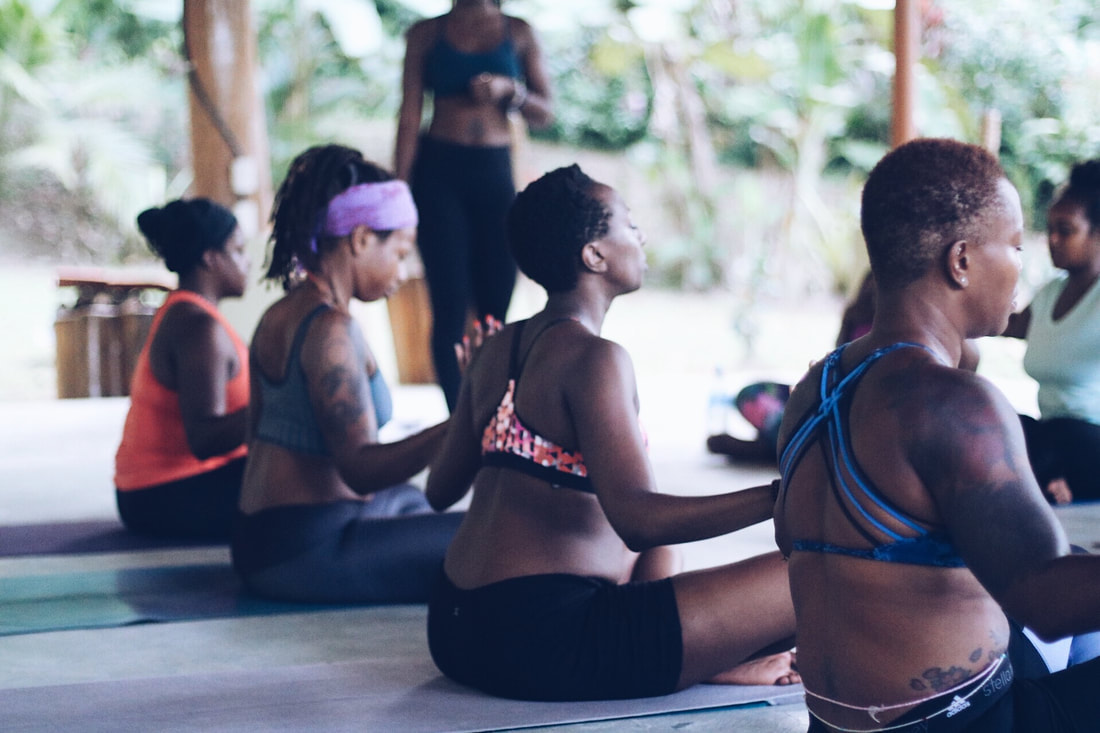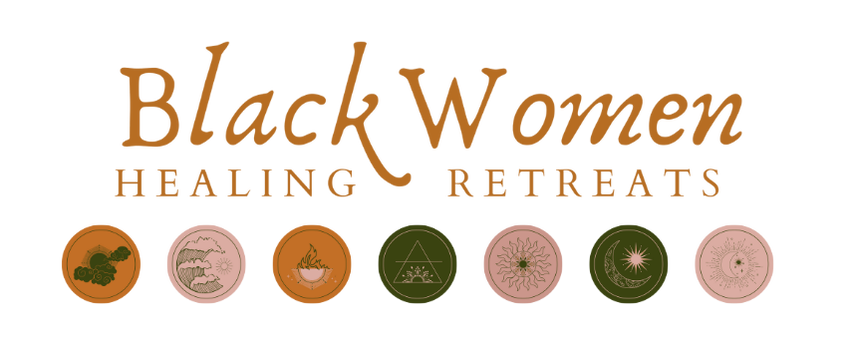|
written by Erika L Harper LPC It is no secret when it comes to the way the United States views Black women. It’s a point of view that at times seems at odds with the many important contributions that Black women have made here in the U.S. and pan-Africa. All over the world Black women are at the forefront of major movements across both gender and racial lines. In the U.S., entrepreneurship has increased far faster over the years for Black women than with any other racial group. The same goes with Black women and education. We also are and have historically been immensely disruptive to the status quo in American politics with our votes providing upsets for a multitude of election outcomes. Only in recent years have Black women become somewhat comfortable with discussing the crippling depression that comes from this ongoing racially and gender based trauma and stress. The trope of the strong, tireless Black woman is one that was first created in order to protect ourselves and our families from the pervasive physical and spiritual violence that so often accompanied slavery. Ultimately, this perceived strength worked against us as it was used to justify our mistreatment. Out of this an idea was born a dangerous notion that we have unconsciously internalized since slavery- that Black women are built to suffer. That we are more equipped to handle both physical and psychological pain than other racial groups. That our lot in life is to endure and not fully enjoy everything this colorful world has to offer. This view was then passed down generationally to you and other Black women who continue to cling to it for survival.
Most times we don’t even realize just how much of what we see as our trauma has been passed down from our ancestors. This trauma perpetuates itself in our spirits unbeknownst to us and we attempt to deal with its weightiness by trying to find comfort in these prickly inherited nests of suffering, unworthiness and negativity that are impossible to build solid and carefree lives upon. What comes of this is a type of persistent and harmful stress that we end up simply accepting as our actual reality. Unfortunately, this choice to simply endure our stress rather than identifying its roots and finding ways to work through them opens up a bevy of health problems that have plagued Black women for decades. The promising news is that now more than ever before Black women are giving themselves permission to proudly step into therapist offices to unpack their traumas in an effort to identify areas that were prohibiting their emotional growth. While I am a proponent of therapy, it is a step for which some courage, a little self-reflection and surrender is required before you step foot into an office, this is where yoga can be especially helpful. A natural healing practice that can provide therapy is yoga. The true purpose of yoga is for the practitioner to discover the divine union of the body and the mind through movement, meditation and breathwork in effort to bring about self-awareness and spiritual liberation (Iyengar, 1976). This is a simplified description of what it means to live a yogic lifestyle as walking a yogic path is a nuanced adventure of self-discovery. In fact, there are eight stages of yoga that a practitioner should master before they are able to reach enlightenment. Please understand that this description of yoga sounds more intimidating than it really is. Yoga is not judgmental and there is no penalty for deciding that you want nothing more to do with it except take yoga classes offered at your gym. In truth, the easiest way for a person to become initiated into yoga is to develop a personal āsana practice. Āsanas aren’t just the advanced poses you see on Instagram. They are postures that are meant to condition the body so that it becomes a cleansed vessel for the spirit. Through movement our bodies become connected with our minds and eventually our divine selves. A large component of yogāsanas is the prāṇāyāma or rhythmic breathing which is essential in alleviating stress. In scientific terms, when we suffer from chronic stress our autonomic nervous system, which consists of sympathetic and parasympathetic functions, goes awry. The sympathetic system handles our fight or flight response. This response while helpful for keeping us alive in dangerous situations has devastating consequences for our health if activated too often and for extended periods of time (Sapolsky, 1994). Some common stress related diseases are general heart disease, obesity, diabetes, and dementia. Note that these are diseases Black people in the U.S. die from most frequently. As it turns out, the most effective way to counteract the sympathetic nervous system, other than to remove the source of the stress is to intentionally activate the parasympathetic nervous system through slow rhythmic breathing in order to control the mind and calm the heart and body. This intentional breathing combined with meditation is what is instrumental in bringing about the cleansing peace that practitioners of yoga often feel after a session. While āsanas by themselves don’t represent the entirety of yoga, there is nothing wrong with a novice choosing āsanas as a place to start. Because yoga is a way to live, a person who starts a daily asana practice will soon find that her body will crave deeper and deeper connections to her mind and spirit. Yoga will gain mastery over a woman's mind and body so that she can more effectively identify and alleviate the effects of her trauma. It’s difficult to combat racism and sexism when we are struggling emotionally every day. Yoga, with all of the self-awareness that comes with its daily practice, could not only be the key to Black women’s holistic health, it could also be used as a tool to stop generational trauma. Time and time again Black women have collectively exemplified excellence only to fall back into maladaptive ways once we are alone with ourselves. It’s time that we learned that we deserve pleasure and enlightenment just as much as everyone else. It’s time for us to explore yoga. Erika L Harper is a licensed mental health counselor, sex therapist, yoga enthusiast and writer. In her spare time she enjoys running, reading, watching movies and eating good food with her family. Connect with her on Instagram her
1 Comment
|
KEEP UP WITH US!
SHOULD YOU HAVE ANY QUESTIONS OR ISSUES
Email Us or Call Us
Our normal business hours are 8am-4pm EST, Monday-Friday.
In the meantime, please check our FAQs for quick answers to frequently asked questions.
Customer Service Team
8AM - 4PM EST Monday - Friday
Customer Service inquiries
[email protected]
Telephone/ WhatsApp
(+506) 87694464
Press / Partnerships / Join the Team
[email protected]
~We look forward to hearing from you~
Email Us or Call Us
Our normal business hours are 8am-4pm EST, Monday-Friday.
In the meantime, please check our FAQs for quick answers to frequently asked questions.
Customer Service Team
8AM - 4PM EST Monday - Friday
Customer Service inquiries
[email protected]
Telephone/ WhatsApp
(+506) 87694464
Press / Partnerships / Join the Team
[email protected]
~We look forward to hearing from you~


